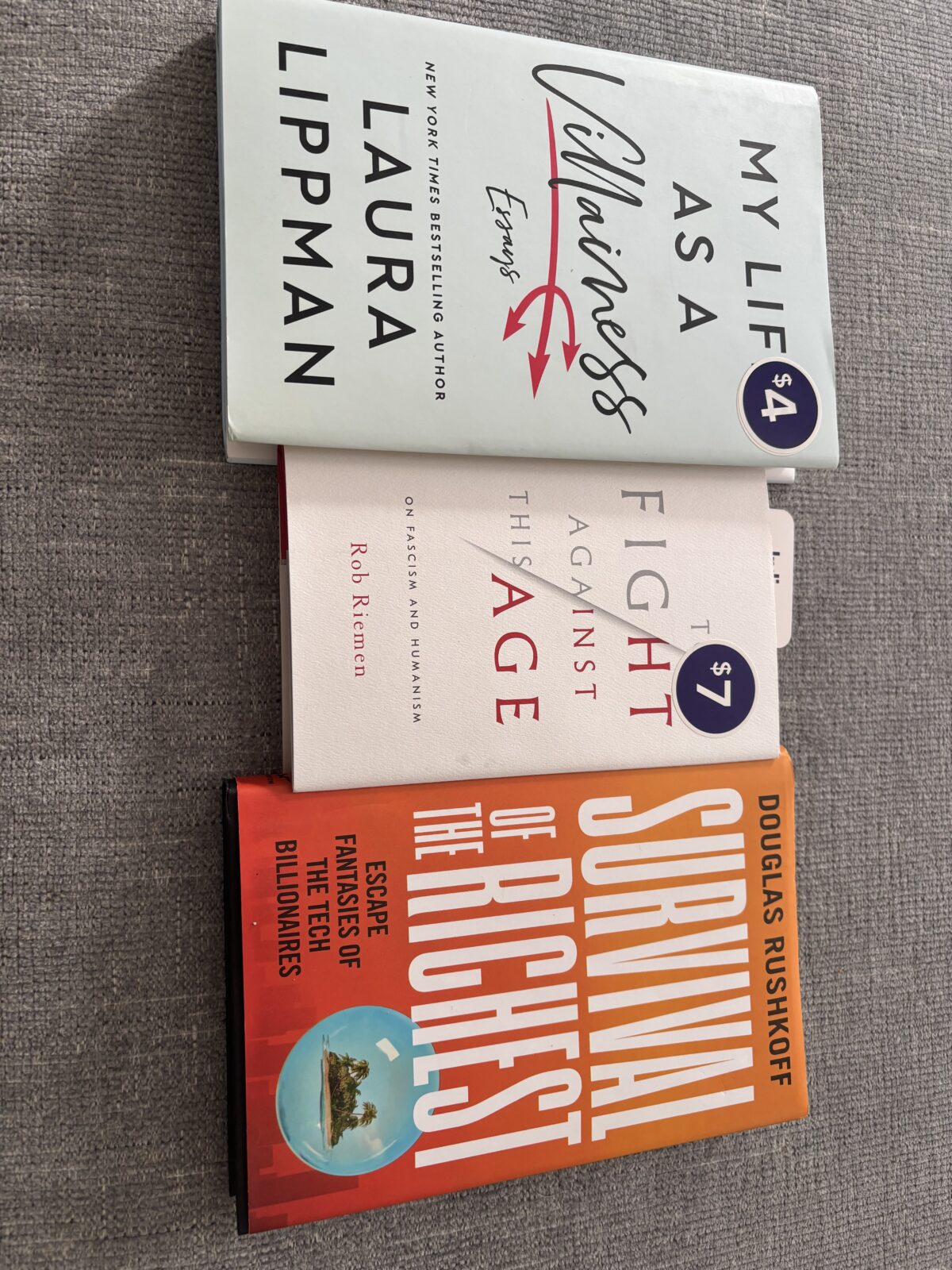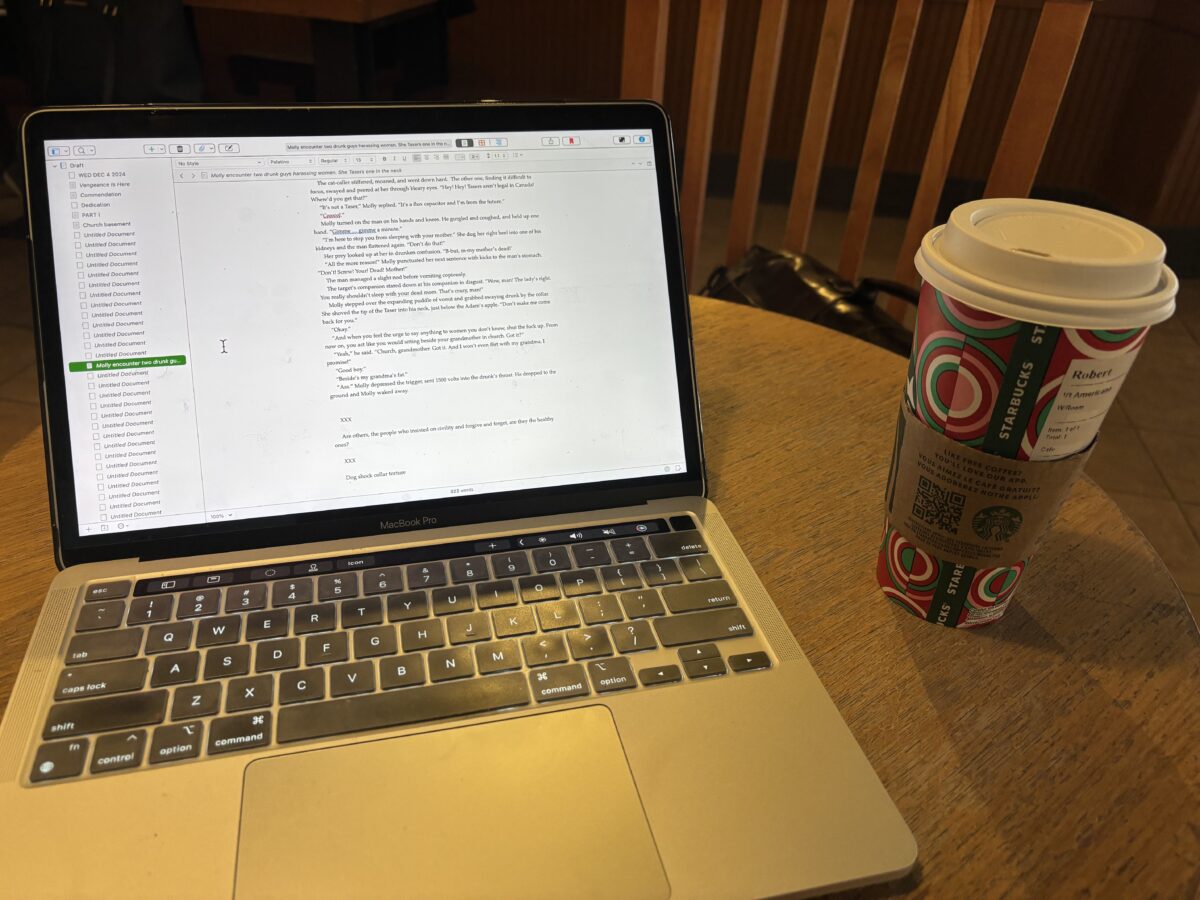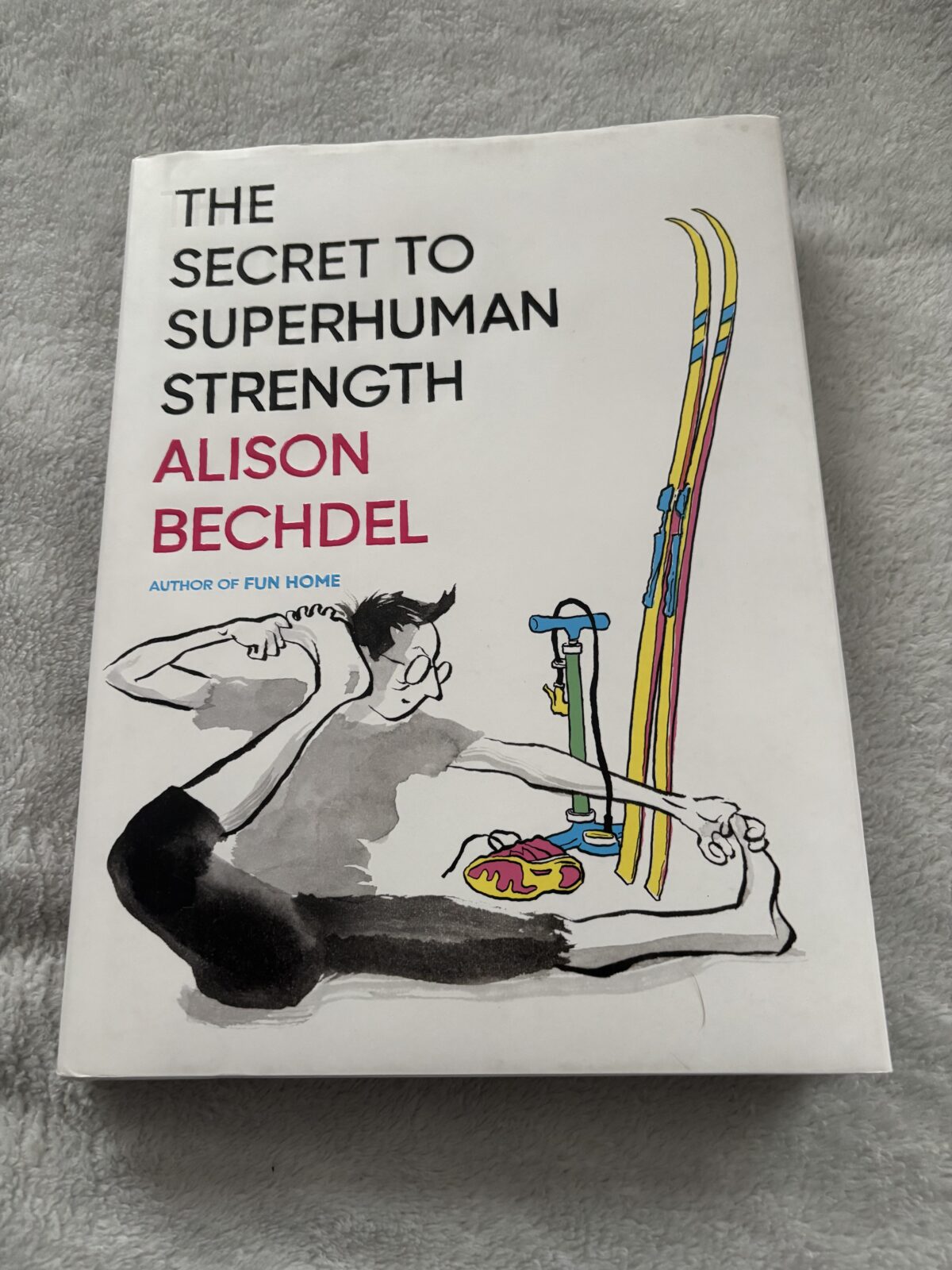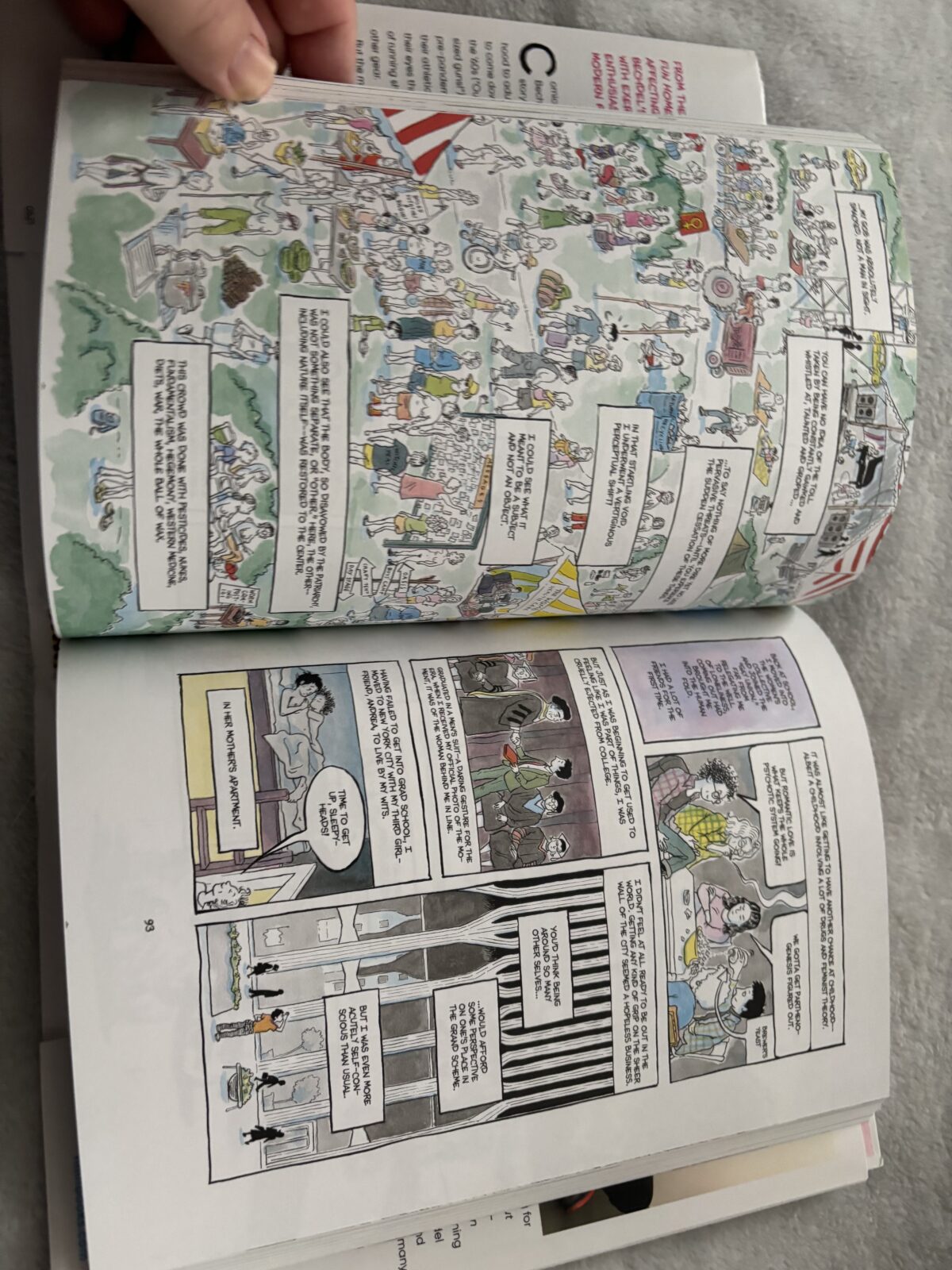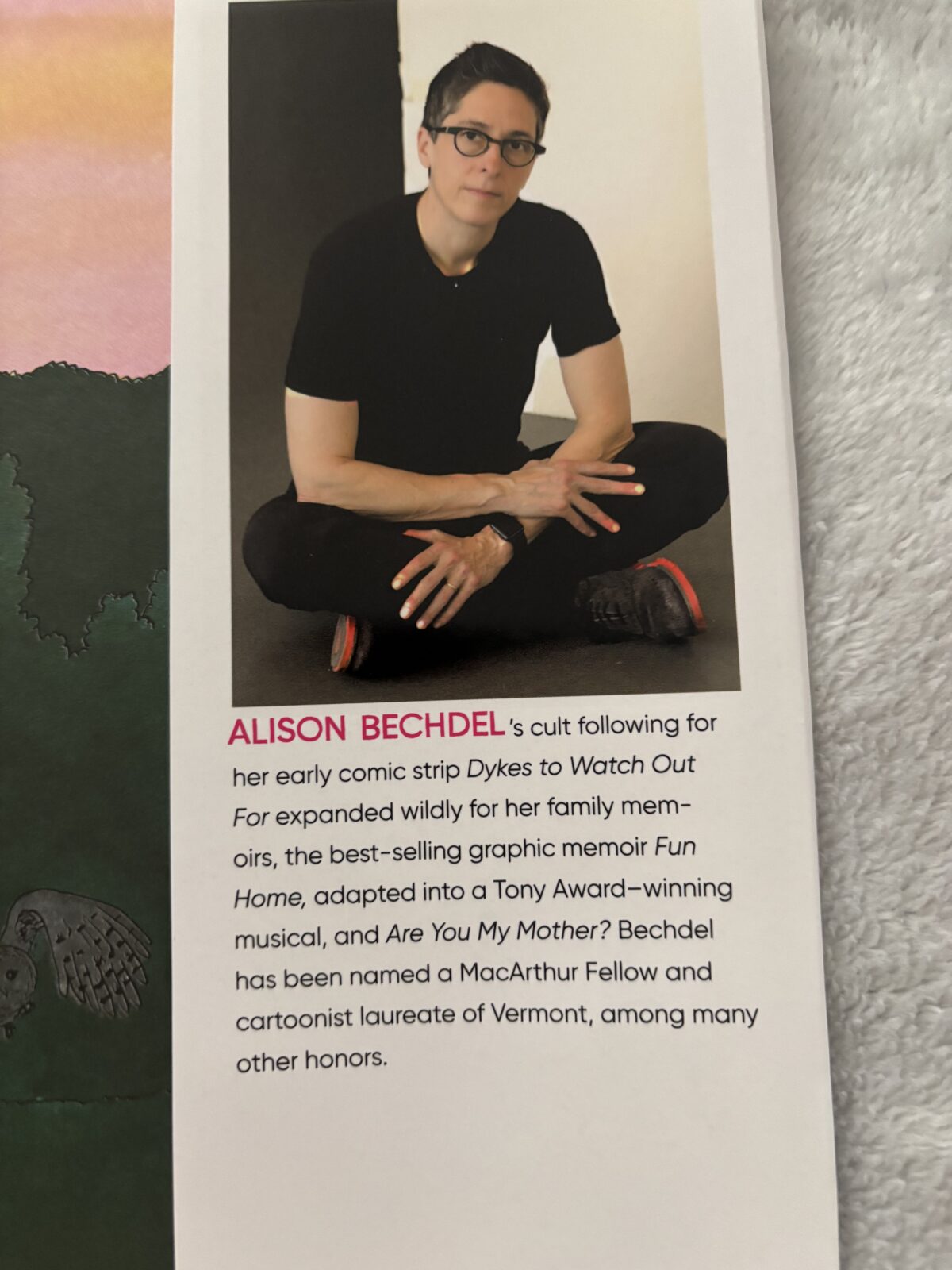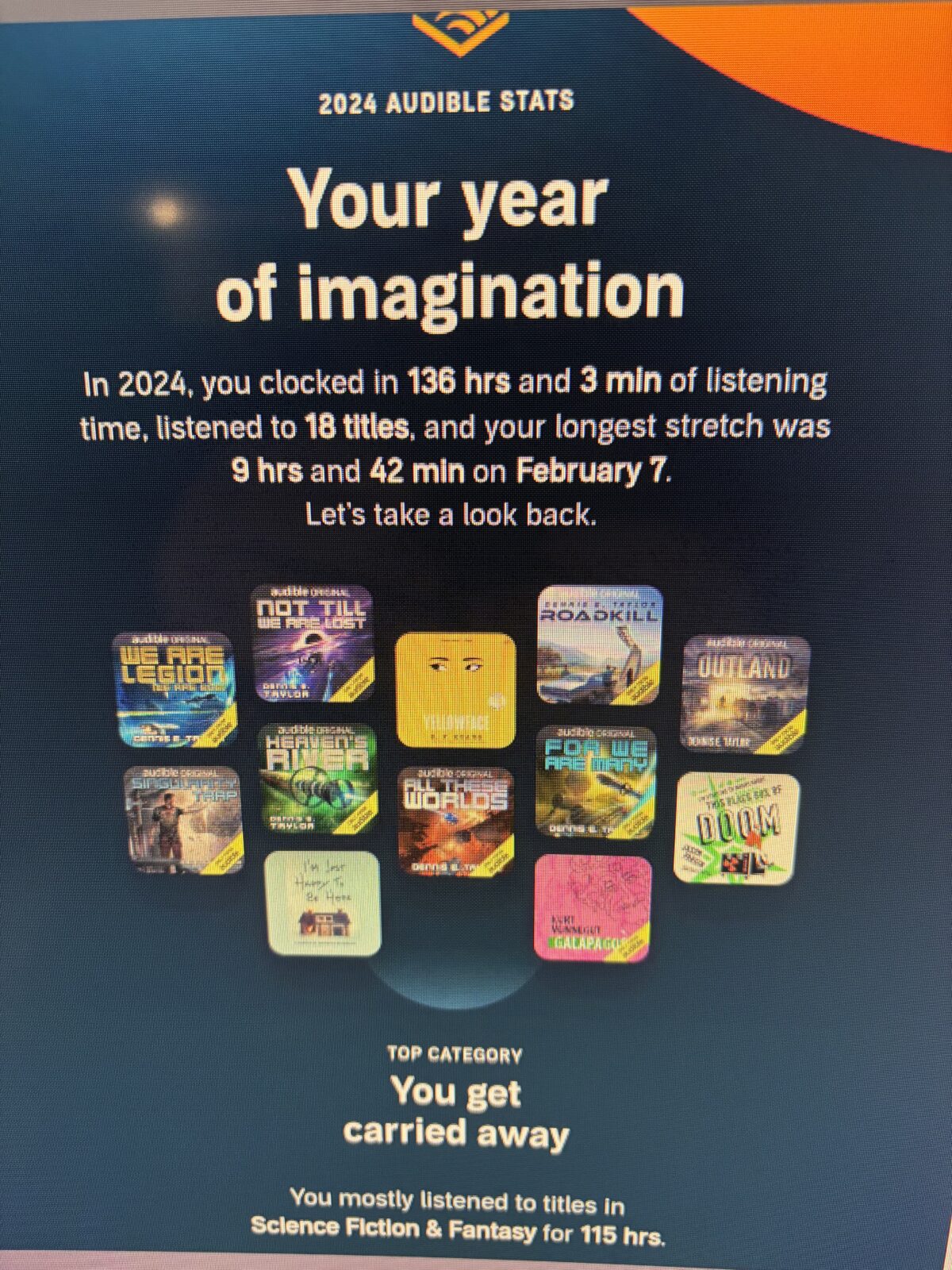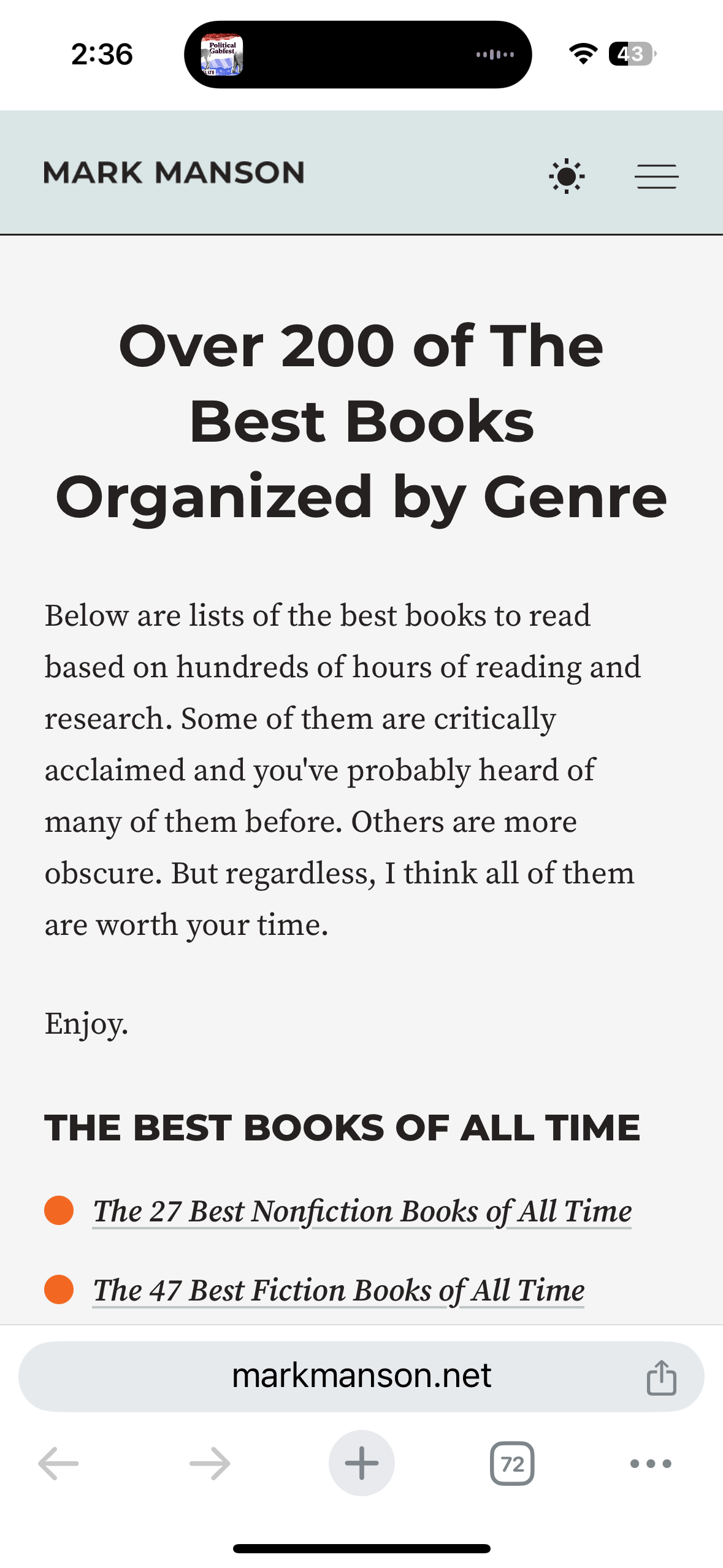Recovering from a nasty virus, I’ve had a lot of downtime watching the news. How unfortunate. As a writer of many apocalyptic scenarios, I’ve delved into how civilization in a multitude of ways. In Citizen Second Class, it’s a combination of class warfare, climate change, and financial ruin that brings down the United States. In AFTER Life an This Plague of Days, disease takes the world down. In All Empires Fall, there’s a range of narratives, from alien invasion to an asteroid strike. In Our Alien Hours, you guessed it! Aliens again. But the future is always surprising, isn’t it? Aliens, robots, killer AI and zombies are fun to play with. Paperwork issued by a glowering troll does not good fiction make. It sure doesn’t contribute to the betterment of the world.
When Donald Trump was on the campaign trail, annexing allies and declaring war on Mexico, Greenland, and Panama wasn’t on the table. (Don’t poo-poo or normalize it by saying he doesn’t mean it or that “he didn’t really blah-blah-blah.”) Fueled by anger and fear, President Petulance governs by spite and threats. Meanwhile, the world looks on, somewhat puzzled. His opponent, who proposed policies to assist people in buying their first home, was beaten by an adjudicated rapist and convicted felon who marveled about the size of a golfer’s putter.
The trouble with fiction is that it has to sound real. Apocalyptic non-fiction suffers no such constraints. For instance, the bishop who asked for mercy for the vulnerable in the gentlest way possible was condemned as “nasty.” As Stephen Colbert quipped, “How dare she bring the teachings of Jesus into a church!”
This morning I see reports of American citizens shocked that they’re swept up into ICE raids. Frightened of being abused and deported, many immigrant farm workers aren’t showing up to pick fruit. (Watch for a sharp rise in certain food prices soon. And no, eggs aren’t going to get cheaper.) Today, it’s reported that Native Americans are now being targeted by ICE because they aren’t “real” Americans. They say the concern is that indigenous peoples owe allegiance to their tribes over the American flag. It’s simpler than that, though, isn’t it? They aren’t white, and Christofascism is the order of the day.
There are many terrible changes and horrible possibilities on the horizon, but his followers don’t care. His allies abandon logic and their dignity to excuse every malicious move. What struck me most about the inauguration was that it was not a celebration of a great nation’s peaceful change of power. The tone and content was that of a coronation of a Christlike figure. With all the reins of power in his hands and a conservative Supreme Court bent on allowing just about anything, the United States is not unified. Trump may as well be a king, and he considers many of his constituents the enemy. He is not there to serve all citizens, just the ones who worship and/or flatter him.
This will all change, but not before many are hurt and victimized. Ironically, many of those who voted for him will be the first negatively impacted. For example, he has rolled back disability benefits for veterans and rescinded Biden’s executive order to lower prescription drug prices. He pardoned the J6 rioters who assaulted Capitol Police. I wonder how those assigned to protect federal officials are feeling about that this morning. So much for “Back the Blue.” If you were the officer whose eye was gouged out, how would you feel today?
I will not make a habit of chronicling Donald Trump’s offenses here. You can get that elsewhere in abundance. Mostly, I will sit back, wait, and watch. I am powerless to do much about the future of the world. It’s going to be a difficult four years. Anytime empathy is devalued, we are all diminished in myriad ways. I will say that DJT is a thin-skinned person, a soft and lazy man. He has been propelled to his position because he terrified of appearing weak. His cult, too, is so afraid of looking weak that they embrace being mean. Worse, they call it goodness.
Stay tuned, deny reality, or tune out. Whichever way this goes, we’re all in for a bumpy ride.
Like this:
Like Loading...



